IN 1949, WHEN America’s ambassador handed Ireland’s foreign minister an invitation to join NATO, the answer was a polite no. Ireland wanted no part of an alliance including Britain, its former coloniser, which it blamed for dividing the isle into a mainly Protestant, British north and a Catholic, independent south. In later decades the Irish were leery of being dragged into America’s global crusade against communism or, more recently, its “war on terror”. Neither chimed well with Ireland’s generally anti-colonialist foreign policy.
Today joining the alliance has different connotations: it is a matter of protecting Europe from Russian aggression. Simon Harris, Ireland’s defence minister, is pushing for dramatic policy changes. In March he proposed a law to remove the so-called “triple lock”, a three-step process governing military involvement overseas. Under the lock, any foreign intervention must be approved by the government, the Dáil (the Irish parliament’s lower house) and the UN Security Council. Lifting the requirement for UN approval could ultimately move Ireland closer to NATO. Mr Harris aims to raise annual defence spending from the current €1.3bn ($1.4bn) to €3bn by 2028—still less than 1% of GDP.
The government says these measures are needed to defend Ireland and its critical infrastructure, such as undersea cables. The opposition, particularly the leftist Sinn Féin party, says they would erode the country’s neutrality. Mary Lou McDonald, Sinn Féin’s leader, demands that ending the triple lock be subject to a referendum. In one sense, this reluctance could be self-defeating. More openness to joining NATO might help achieve one of Sinn Féin’s lasting goals: unification between the Republic of Ireland and Northern Ireland.
Under the Good Friday Agreement, which brought peace to Northern Ireland in 1998, the province’s secretary of state should call a referendum on unification (commonly called a border poll) whenever it seems likely to pass. Changing demography and surveys suggest this could be only a matter of time. There are now more people in Northern Ireland with a Catholic background than with a Protestant one. Support for unification is increasing steadily: a poll by the Irish Times in 2022 found 50% against unification and 27% in favour; in 2024 the numbers were 48% and 34% respectively. Protestants are growing increasingly open-minded, with polls finding they are not wild about the notion but could live with it. Most Protestants would want a united Ireland to be in NATO. Northern Irish Catholics, too, are much more likely to back membership than are Irish down south. Joining NATO might help overcome reluctance to unification among those most opposed to it.
Other developments are also making unification more appealing. Protestants once feared the Catholic church’s influence on the republic’s government, but that is declining, as liberal reforms (including same-sex marriage and wider access to contraception) show. The south’s economy is strong, with unemployment near its lowest levels ever. Meanwhile, Northern Irelanders see less and less value in staying in Britain. The north’s economy is poor: wages and GDP growth are below the United Kingdom’s average. The Brexit deal struck with the European Union in 2023 keeps the province in the EU’s single market for goods anyway.
Poll numbers notwithstanding, it will be years before unification reaches the agenda. Sinn Féin wants a border poll before 2030. Other parties, in Britain and Ireland, are less eager. But like NATO membership, it is a possibility many in Ireland are starting to take seriously.



0 Comments